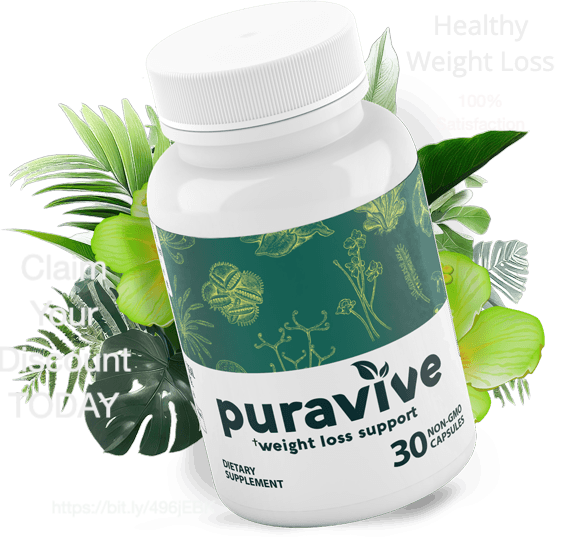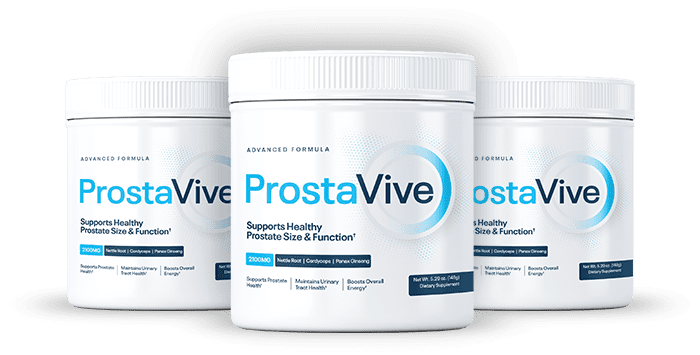How can a diet slow pancreatic cancer growth?

How can a diet slow pancreatic cancer growth?
Benefits of a Plant-Based Diet for Pancreatic Cancer Patients
Pancreatic cancer is a devastating disease that affects thousands of people each year. It is known for its aggressive nature and poor prognosis, with a five-year survival rate of only around 10%. However, recent research has shown that diet may play a significant role in slowing the growth of pancreatic cancer cells.
One of the most promising diets for pancreatic cancer patients is a plant-based diet. This type of diet focuses on consuming whole, minimally processed plant foods such as fruits, vegetables, whole grains, nuts, and seeds. These foods are rich in vitamins, minerals, antioxidants, and fiber, all of which have been shown to have anti-cancer properties.
Studies have shown that a plant-based diet can help slow the growth of pancreatic cancer cells in several ways. First, plant foods are rich in antioxidants, which help protect cells from damage caused by free radicals. Free radicals are unstable molecules that can damage DNA and lead to cancer development. By consuming a diet high in antioxidants, pancreatic cancer patients may be able to reduce the growth of cancer cells.
Additionally, plant-based diets are high in fiber, which has been shown to have anti-cancer effects. Fiber helps to regulate blood sugar levels and promote healthy digestion, both of which are important for cancer prevention and treatment. By including plenty of fiber-rich foods in their diet, pancreatic cancer patients may be able to slow the growth of cancer cells and improve their overall health.
Another benefit of a plant-based diet for pancreatic cancer patients is its anti-inflammatory properties. Chronic inflammation has been linked to the development and progression of cancer, including pancreatic cancer. By consuming a diet that is low in inflammatory foods such as processed meats, sugary drinks, and refined carbohydrates, patients may be able to reduce inflammation in the body and slow the growth of cancer cells.
In addition to its anti-cancer properties, a plant-based diet can also help pancreatic cancer patients maintain a healthy weight. Obesity is a risk factor for pancreatic cancer, and losing weight can be challenging for patients undergoing treatment. By focusing on whole, plant-based foods, patients can feel full and satisfied while still consuming fewer calories, making it easier to maintain a healthy weight.
Transitioning to a plant-based diet can be challenging, especially for patients who are used to eating a diet high in processed foods and animal products. However, there are many resources available to help patients make the switch. Working with a registered dietitian who specializes in oncology can provide personalized guidance and support, while online resources and cookbooks can offer inspiration and recipe ideas.
In conclusion, a plant-based diet may offer significant benefits for pancreatic cancer patients. By focusing on whole, minimally processed plant foods, patients can consume a diet rich in antioxidants, fiber, and anti-inflammatory compounds that may help slow the growth of cancer cells. Additionally, a plant-based diet can help patients maintain a healthy weight and improve their overall health. While transitioning to a plant-based diet may require some adjustments, the potential benefits for pancreatic cancer patients make it a worthwhile endeavor.
The Impact of Sugar and Processed Foods on Pancreatic Cancer Growth
Pancreatic cancer is a devastating disease that affects thousands of people each year. It is known for its aggressive nature and poor prognosis, with a five-year survival rate of only around 10%. While treatment options for pancreatic cancer have improved in recent years, prevention and early detection are still key in the fight against this deadly disease.
One area of research that has gained attention in recent years is the impact of diet on pancreatic cancer growth. While there is no definitive evidence that any specific diet can prevent or cure pancreatic cancer, there is growing evidence to suggest that certain dietary choices may slow the growth of pancreatic tumors.
One of the key factors that researchers have identified in the relationship between diet and pancreatic cancer growth is the role of sugar and processed foods. Studies have shown that high levels of sugar in the blood can fuel the growth of cancer cells, including those in the pancreas. This is because cancer cells rely on glucose (sugar) as their primary source of energy, and high levels of sugar in the blood can provide them with the fuel they need to grow and spread.
Processed foods, which are often high in sugar, salt, and unhealthy fats, have also been linked to an increased risk of pancreatic cancer. These foods are typically low in nutrients and high in calories, which can contribute to weight gain and obesity – both of which are risk factors for pancreatic cancer. In addition, processed foods often contain additives and preservatives that may have harmful effects on the body, including promoting inflammation and oxidative stress, which can contribute to the growth of cancer cells.
So, what can you do to slow the growth of pancreatic cancer through your diet? One of the most important steps you can take is to reduce your intake of sugar and processed foods. This means cutting back on sugary drinks, desserts, and snacks, as well as avoiding processed foods like fast food, packaged snacks, and sugary cereals. Instead, focus on whole, nutrient-dense foods like fruits, vegetables, whole grains, lean proteins, and healthy fats.
In addition to reducing your intake of sugar and processed foods, it is also important to maintain a healthy weight through a balanced diet and regular exercise. Obesity is a known risk factor for pancreatic cancer, so maintaining a healthy weight can help reduce your risk of developing the disease. Aim to eat a variety of foods from all food groups, and limit your intake of high-calorie, low-nutrient foods.
It is also important to stay hydrated and drink plenty of water throughout the day. Water is essential for overall health and can help flush toxins from the body, including those that may contribute to the growth of cancer cells. Aim to drink at least eight glasses of water a day, and more if you are active or live in a hot climate.
In conclusion, while there is no definitive evidence that any specific diet can prevent or cure pancreatic cancer, there is growing evidence to suggest that certain dietary choices may slow the growth of pancreatic tumors. By reducing your intake of sugar and processed foods, maintaining a healthy weight, and staying hydrated, you can help support your body’s natural defenses against cancer and improve your overall health and well-being. Remember, small changes can make a big difference – so start making healthier choices today!
Incorporating Anti-Inflammatory Foods into a Pancreatic Cancer Diet
Pancreatic cancer is a devastating disease that affects thousands of people each year. It is known for its aggressive nature and poor prognosis, making it one of the deadliest forms of cancer. While treatment options for pancreatic cancer are limited, there is growing evidence to suggest that diet may play a role in slowing the growth of this deadly disease.
One key aspect of a diet that may help slow pancreatic cancer growth is the incorporation of anti-inflammatory foods. Inflammation is a natural response by the body to injury or infection, but chronic inflammation has been linked to the development and progression of cancer. By incorporating foods that have anti-inflammatory properties into your diet, you may be able to help reduce inflammation in the body and potentially slow the growth of pancreatic cancer.
One group of foods that are known for their anti-inflammatory properties are fruits and vegetables. Fruits and vegetables are rich in antioxidants, vitamins, and minerals that can help reduce inflammation in the body. Some fruits and vegetables that are particularly high in anti-inflammatory compounds include berries, leafy greens, and cruciferous vegetables like broccoli and Brussels sprouts. By incorporating these foods into your diet on a regular basis, you may be able to help reduce inflammation and slow the growth of pancreatic cancer.
In addition to fruits and vegetables, other foods that are known for their anti-inflammatory properties include fatty fish, nuts, seeds, and whole grains. Fatty fish like salmon, mackerel, and sardines are rich in omega-3 fatty acids, which have been shown to have anti-inflammatory effects in the body. Nuts and seeds are also high in healthy fats and antioxidants that can help reduce inflammation. Whole grains like brown rice, quinoa, and oats are rich in fiber and other nutrients that can help support a healthy immune system and reduce inflammation.
While incorporating anti-inflammatory foods into your diet may help slow the growth of pancreatic cancer, it is important to remember that diet alone is not a cure for this disease. It is essential to work closely with your healthcare team to develop a comprehensive treatment plan that may include surgery, chemotherapy, radiation therapy, and other interventions. However, by making small changes to your diet and incorporating more anti-inflammatory foods, you may be able to support your body’s natural defenses and potentially slow the progression of pancreatic cancer.
In conclusion, diet plays a crucial role in the management of pancreatic cancer. By incorporating anti-inflammatory foods like fruits, vegetables, fatty fish, nuts, seeds, and whole grains into your diet, you may be able to help reduce inflammation in the body and potentially slow the growth of this deadly disease. While diet alone is not a cure for pancreatic cancer, it can be a valuable tool in supporting your overall health and well-being. Remember to consult with your healthcare team before making any significant changes to your diet, and work together to develop a comprehensive treatment plan that addresses all aspects of your care.





